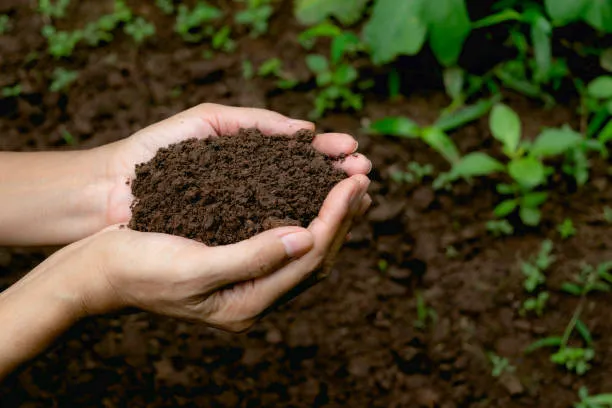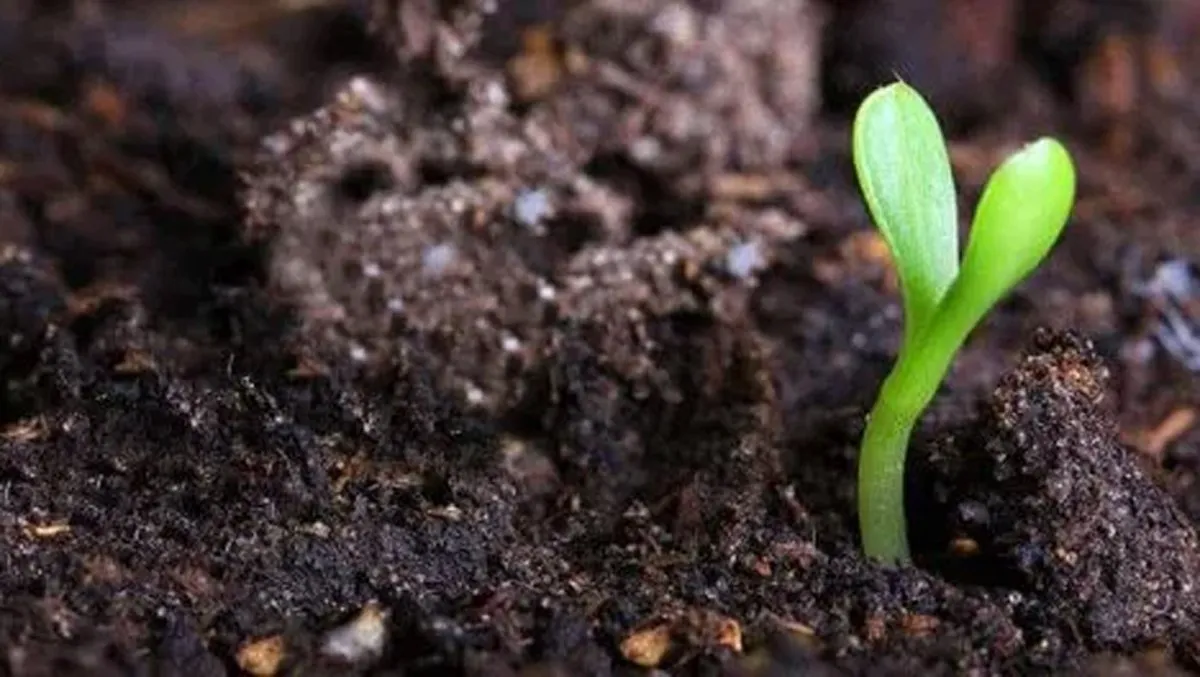The electrical conductivity, also defined as salinity, since it determines the degree of salt concentration in the compost, the excess of which hinders the absorption of water by the plant roots.



▶ During the mesophilic stage, a decrease in electrical conductivity occurs as a consequence of microbiological consumption of the salts present; this decrease can also occur due to excessive wetting that causes leaching of salts.

▶ Credits: Manthrana. – [Image of Public Domain]
≕ I invite you to stay tuned and read my next contribution ≔
Consequently, in an adequate composting process, the value of the electrical conductivity recovers and tends to increase due to the release of salts due to the mineralization of the organic matter when the components of the mixture are degraded.
The electrical conductivity is determined by the nature and composition of the initial materials, their concentration of salts and formation of ammonium or nitrate ions.
As for moisture, the organic matter produced in the composting process by biological decomposition has water content requirements, since it serves to transport soluble substances as food for microbial cells and takes part in the reactions that take place in the process.

The moisture content should reach 40% to 70%, if the moisture content is too low (<30%) microbial activity decreases and the process becomes slow. On the other hand, if the moisture content increases too much (>70%) the water will occupy the pores generating anaerobic conditions and a process of putrefaction of the organic matter will be originated.
NOTE: Reference material.